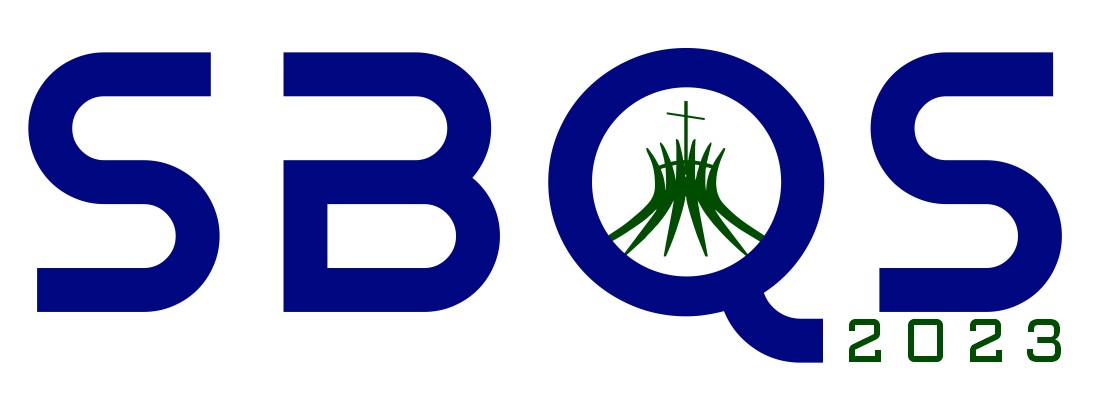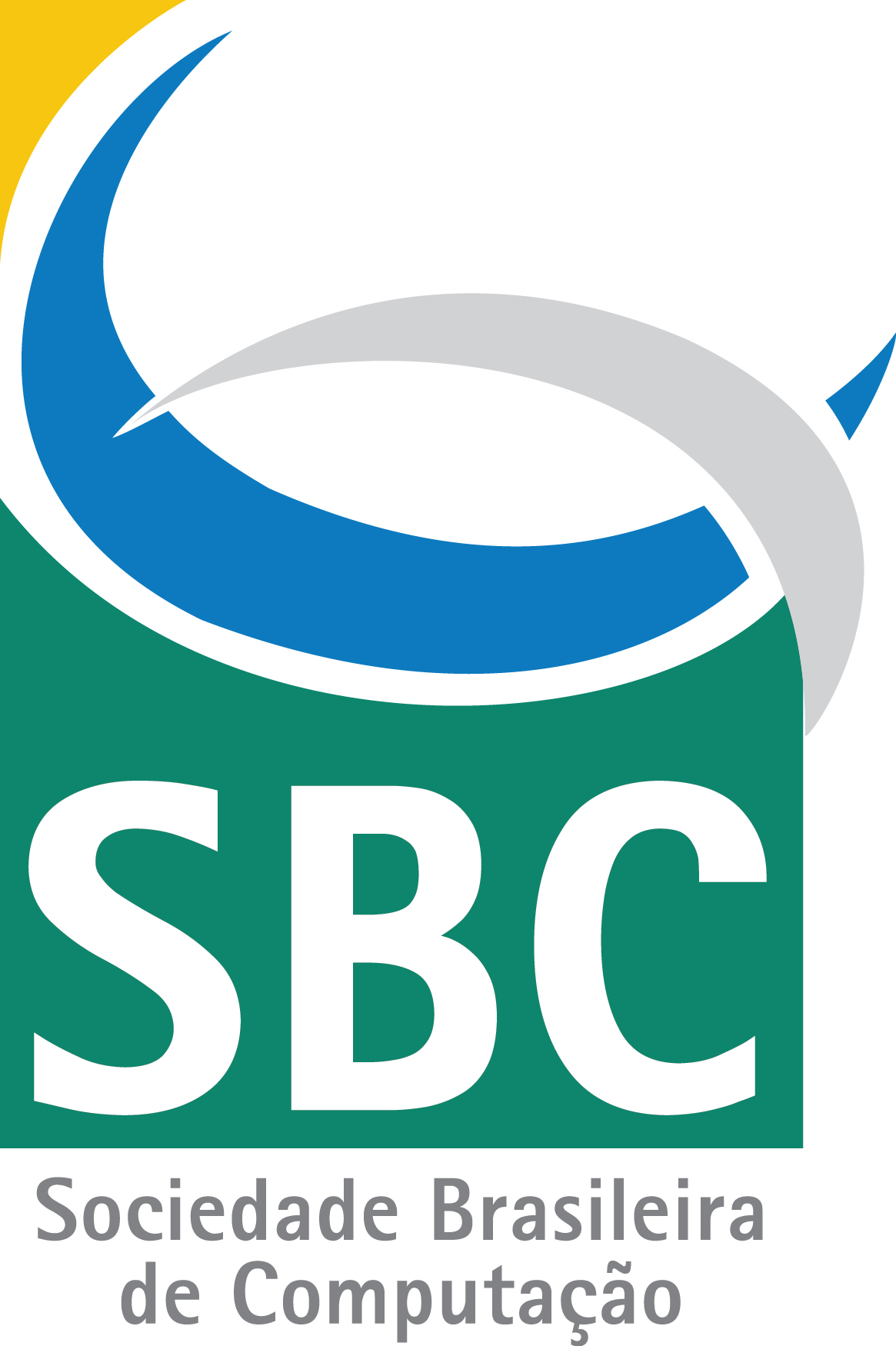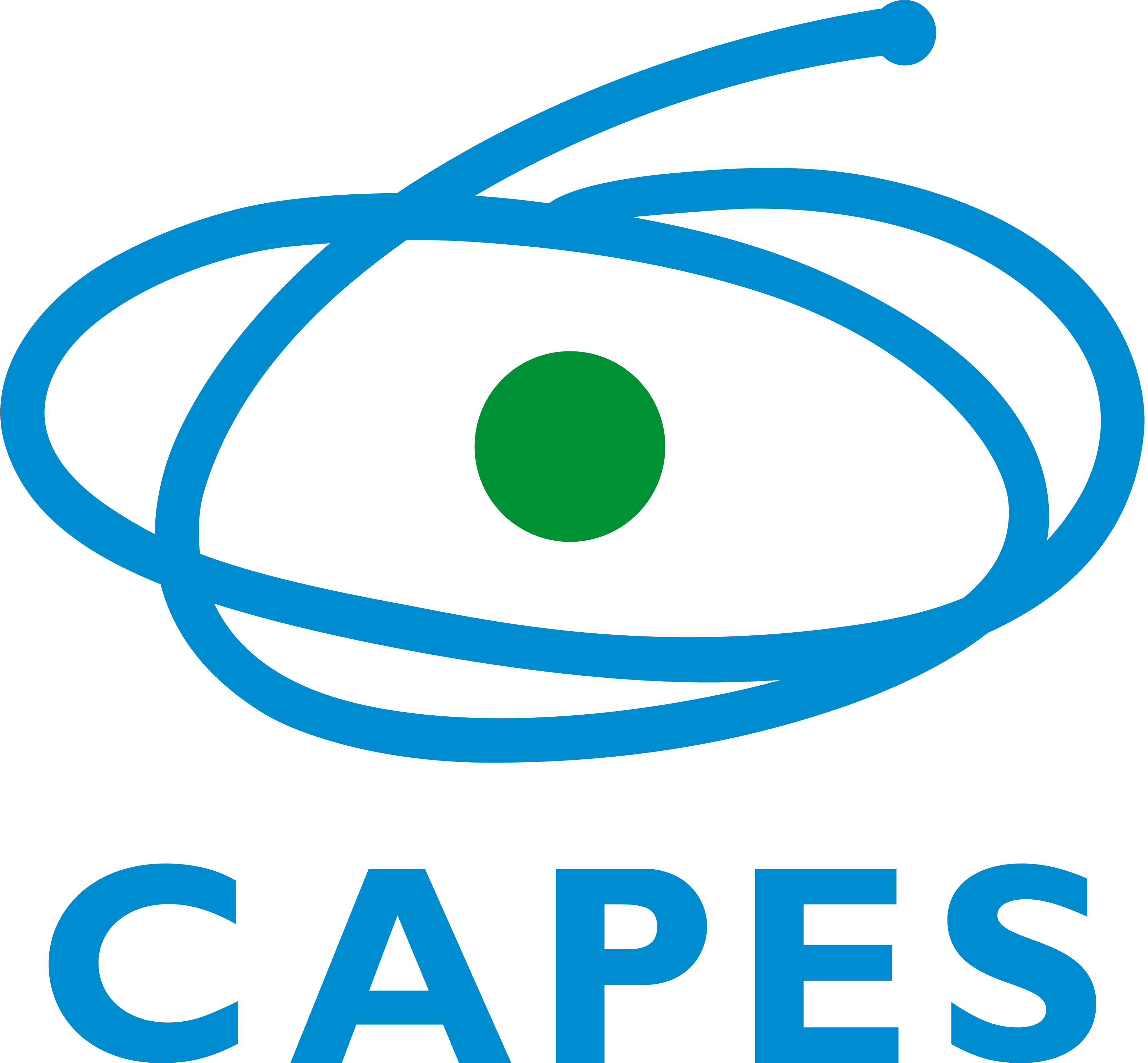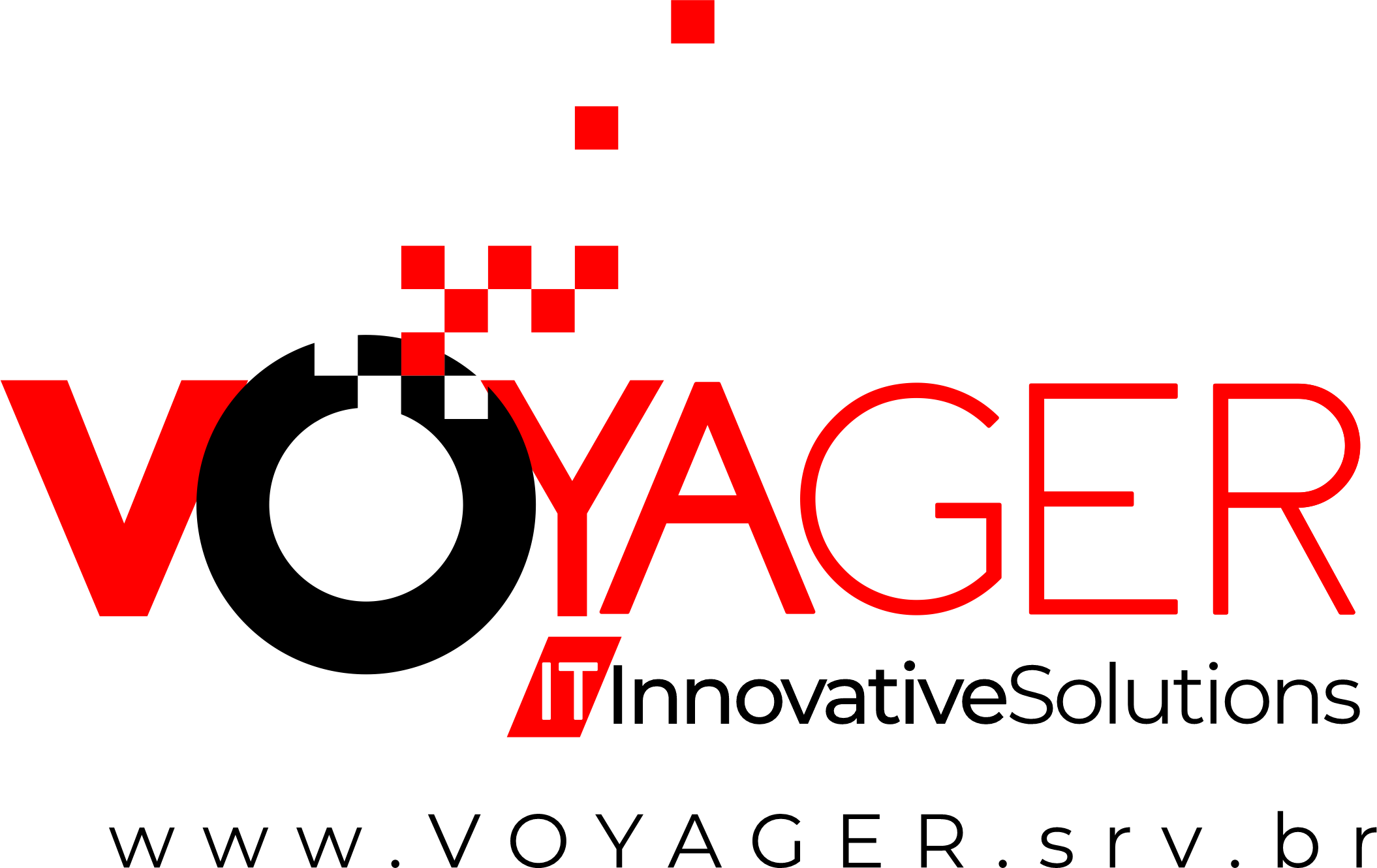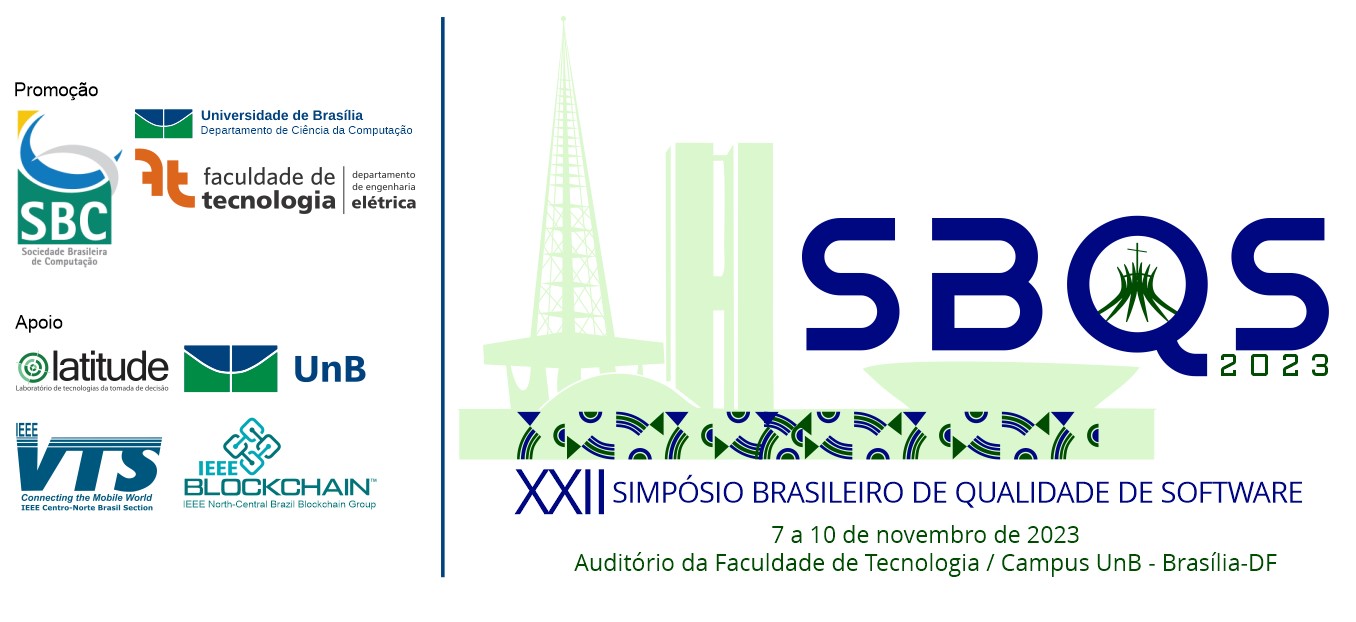PALESTRANTES - SBQS 2023
ANITA SARMA
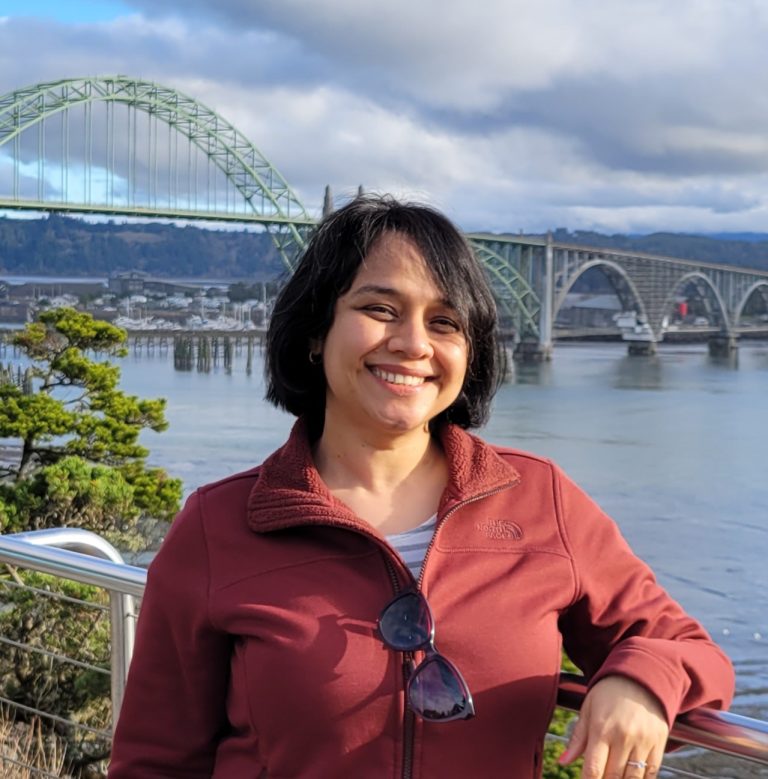 |
Dr. Anita Sarma is a professor and Associate Head of Research in the School of Electrical Engineering and Computer Science. She received her Ph.D. in Computer Science from the University of California, Irvine and was a postdoctoral fellow at Carnegie Mellon University. Her research focuses on human factors in software development and how to design inclusive technology to help software developers. Her work crosscuts areas of SE, AI for SE, HCI, open source, and CSCW. She has co-authored more than 100 conference and journal articles, and has received numerous awards. She received the OSU Breaking Barriers Research award (2021) for her work in removing gender biases from software. She is a co-director of the GenderMag project. She is a recipient of the NSF CAREER award (2013) and Google Inclusion Research Award (2022).
Designing for inclusive software
Do you value diversity, equity, and inclusion in your institution? If so, are the products that you are creating equitable and inclusive for usage by diverse populations of users? The evidence suggests “no” — and this talk will consider how to address this problem by answering the following questions: How can you assess whether the products you create support diverse users? And if not, how can you fix them? I will then present an evaluation method, InclusiveMag, that you can use to find “inclusivity bugs” in the software, processes, or courseware that you create. In this talk, I’ll also present the experiences of different teams using GenderMag, an evaluation method derived from InclusiveMag.
DANIELA SOARES CRUZES
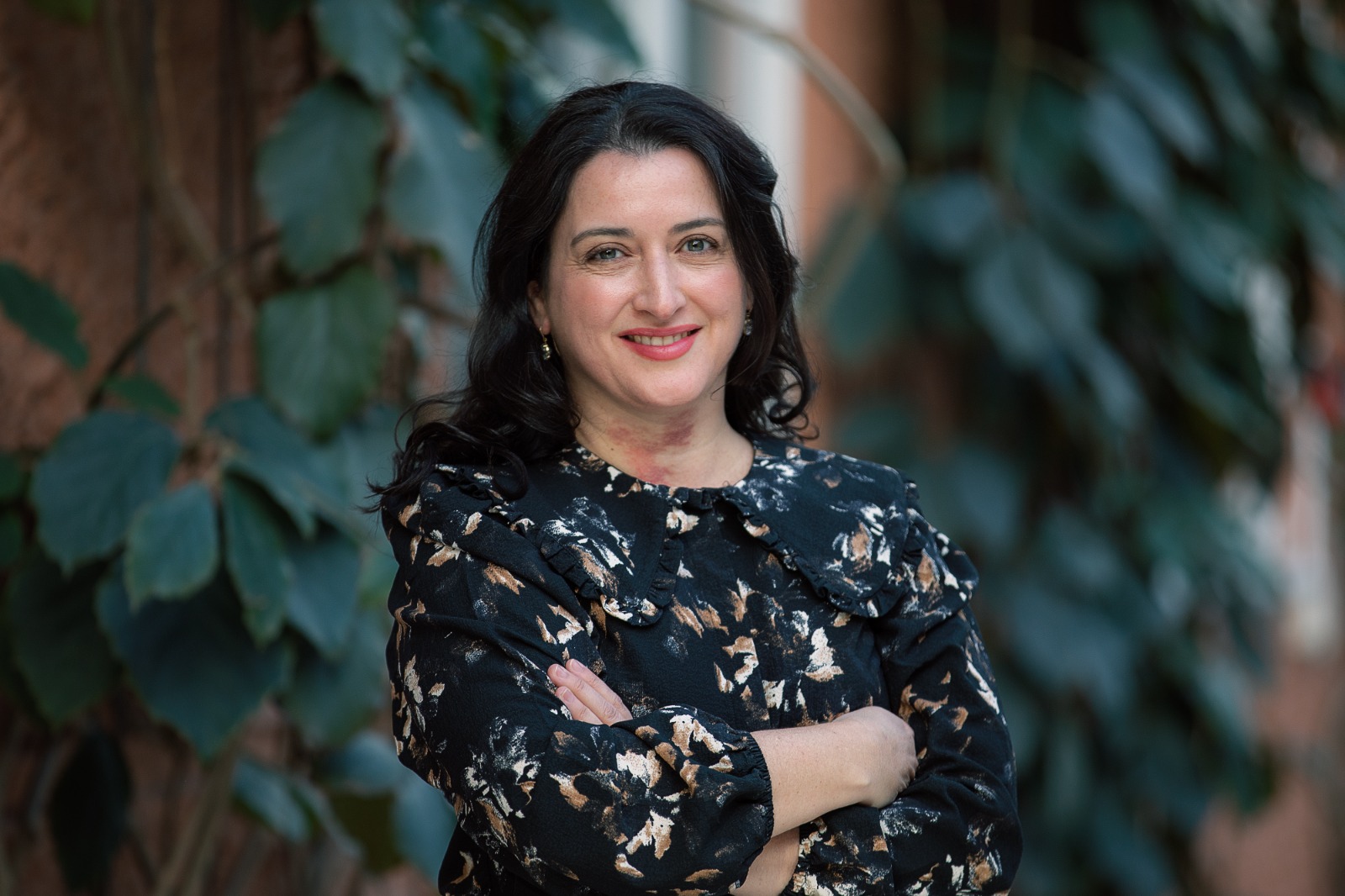 |
Daniela S. Cruzes is a Professor at the Norwegian University of Science and Technology (NTNU) and a Lead Security Researcher in VISMA. Previously, she worked as a senior research scientist at SINTEF in Norway. She has also been a researcher fellow at the University of Maryland and Fraunhofer Center for Experimental Software Engineering-Maryland. Dr. Daniela Cruzes received her Dr.ing in experimental software engineering from the University of Campinas - UNICAMP in Brazil in 2007. Her research interests are empirical software engineering, research methods and theory development, synthesis of SE studies, software security, software quality and agile and DevOps.
Aspectos emergentes da qualidade de software: temos tempo para tudo?
In the age of Society 5.0, where technology is intertwined with every facet of our lives, understanding the emerging aspects of software quality is crucial to harnessing the full potential of this transformative era. This talk investigates the evolving landscape of emerging aspects of software quality and presents some of our findings on what it takes to prioritize emerging aspects of quality in software development.
TAYANA CONTE
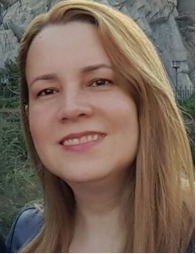 |
Tayana Conte is an Associate Professor in the Computing Institute at Federal University of Amazonas (UFAM). Tayana was a Visitor Researcher in Informatics, University of California Irvine, USA in 2019. Tayana’s research focuses on User eXperience (UX), Human Factors in Software Development, Software Quality and Empirical Software Engineering. She has published more than 250 papers in conferences and journals over the years. She was the chair of the Brazilian Software Engineering Special Interest Group of the Brazilian Computer Society from 2020 to 2021, and she was also a member of the Brazilian Human-Computer Interaction Special Interest Group from 2019 to 2022. She is one of the elected counselors of the Brazilian Computer Society (SBC) from 2021 – 2025. She is associate editor of high-quality journals such as Empirical Software Engineering Journal (EMSE), Science of Computer Programming (SCP), Journal of Brazilian Computer Society (JBCS), and Journal of Software Engineering Research and Development (JSERD). She is the receiver of the 2023 IEEE TCSE Distinguished Education Award.
UX no Novo Paradigma da Integração Humano-Computador e seu Papel na Qualidade de Software
Software is eating the world, and we face a challenging competitive landscape. Now, humans and technologies are integrating both conceptually and physically, becoming codependent partners with the autonomy to cooperate and collaborate to achieve common goals. To keep pace with this evolution, a new interaction paradigm is emerging, Human-Computer Integration (HInt), which encompasses this new partnership between humans and technologies. In this context, User Experience (UX) is considered a key factor in determining the quality of a product or service. What can we, as software engineers, do in line with these new forms of interaction between humans and technologies to provide a positive user experience? Or even better: how can we design software that is so valuable and enjoyable that it becomes indispensable and irreplaceable?
To encourage and support reflections aimed at answering these questions, this lecture will address relevant aspects of Human-Computer Integration (HInt) and present a research and practice landscape at the intersection of software engineering and human-computer interaction to address software product quality challenges related to UX. The lecture will also cover the results of research projects conducted by the USES research group.

